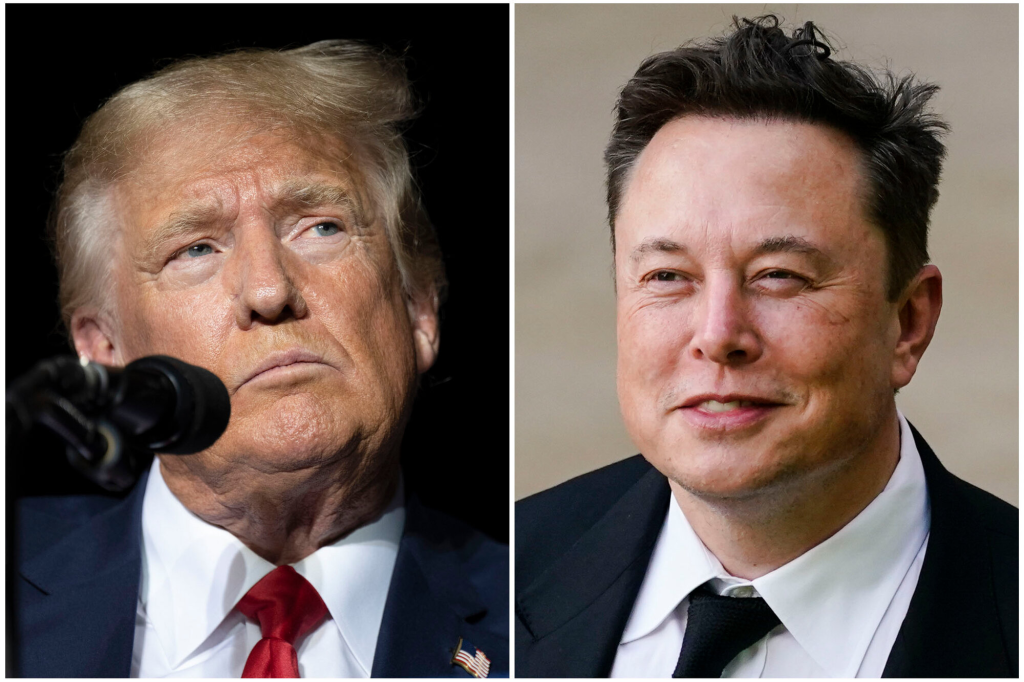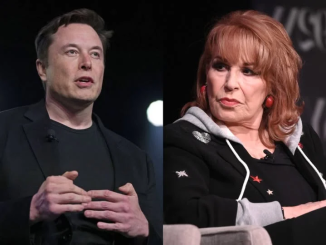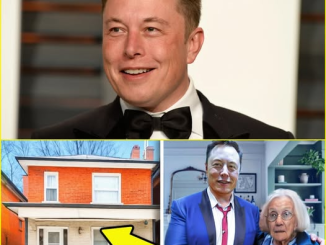Mark Warner’s Fiery Takedown of Elon Musk’s DOGE—And John Kennedy’s Explosive Response on USAID
In a recent political showdown that set the stage for a clash of tech, finance, and government, Senator Mark Warner delivered a scorching critique of Elon Musk’s involvement with Dogecoin (DOGE).
The scene played out like a high-stakes drama, where finance, policy, and raw political rhetoric collided in a spectacle that no one saw coming.
Just when the dust seemed ready to settle, Senator John Kennedy stepped into the fray, shifting the spotlight onto USAID in a move that sent ripples through the political sphere.
Warner’s Full-Frontal Assault on Musk and Dogecoin
Mark Warner, a seasoned political strategist with a deep understanding of economic policy, took the floor with an unmistakable air of authority.
His target? None other than Elon Musk and the cryptocurrency that has become a meme-fueled financial juggernaut—Dogecoin.
Warner did not mince words. He lambasted Musk’s public promotion of DOGE, characterizing it as “an irresponsible endorsement of financial instability.”
According to Warner, Musk’s casual tweets and public statements have the power to send millions of investors into a speculative frenzy, often without understanding the risks involved.
He likened Musk’s influence over Dogecoin to “a financial version of Russian roulette,” arguing that Musk’s involvement is not rooted in technological advancement but rather in his ability to manipulate markets with a single tweet.

Warner’s speech reverberated throughout the political arena, igniting discussions about the regulation of digital assets and the accountability of tech moguls in financial markets.
DOGE—Meme or Market Manipulation?
Dogecoin’s origins as a joke cryptocurrency did little to alleviate Warner’s concerns. Originally created in 2013 as a parody of Bitcoin, Dogecoin has morphed into a legitimate asset, thanks in part to Musk’s periodic endorsements.
The Tesla and SpaceX CEO has repeatedly voiced support for DOGE, accepting it as payment for merchandise and even hinting at its potential integration into future business models.
Warner’s fiery denunciation, however, framed Dogecoin’s rise as a cautionary tale rather than an underdog success story.
He warned of the potential dangers that come with allowing a single individual to wield disproportionate influence over financial markets.
“This is not about innovation,” Warner declared. “This is about playing fast and loose with people’s hard-earned money.”
John Kennedy’s Bombshell on USAID
As Warner’s critique of Musk gained momentum, Senator John Kennedy pivoted the conversation in a direction no one anticipated—USAID. In a moment of political jiu-jitsu, Kennedy took the floor and turned the spotlight onto the U.S.
Agency for International Development, accusing it of financial mismanagement and questionable foreign aid allocations.
Kennedy’s argument was laced with the Southern charm and no-nonsense rhetoric that have become his trademarks. “While we’re talking about financial recklessness,” he said, “let’s take a look at how our own government is spending American tax dollars overseas.”
He pointed to reports alleging that USAID funds have been misused in foreign nations, funding initiatives with little to no oversight.

Kennedy’s attack was designed to highlight what he sees as hypocrisy in the government’s critique of Musk’s financial influence while ignoring its own questionable expenditures.
The Collision of Finance, Politics, and Public Opinion
What started as a discussion about Dogecoin and financial responsibility quickly evolved into a broader debate on government accountability, the role of private enterprise, and the influence of tech billionaires on the economy.
Warner’s focus on Musk and Dogecoin underscored concerns about the volatility of cryptocurrency markets and the need for regulatory intervention.
Meanwhile, Kennedy’s redirection toward USAID raised questions about financial transparency within government agencies.
The debate left the political landscape polarized. Supporters of Musk argue that he has democratized finance and created opportunities for retail investors who would otherwise be excluded from traditional financial systems.
Critics, however, echo Warner’s concerns, warning that unregulated digital assets pose systemic risks.
On the other hand, Kennedy’s rebuke of USAID resonated with fiscal conservatives who have long called for greater scrutiny of foreign aid expenditures. His argument tapped into broader frustrations about government spending and accountability.

What’s Next?
The fallout from Warner and Kennedy’s exchange is likely to shape discussions on cryptocurrency regulation and government spending for months to come.
Policymakers are already considering new frameworks to oversee digital assets, and Warner’s criticisms may serve as a catalyst for further regulatory measures targeting the cryptocurrency space.
Meanwhile, Kennedy’s remarks on USAID have added fuel to ongoing debates about federal spending.
Whether his claims lead to tangible policy changes remains to be seen, but his intervention ensured that the conversation would not remain confined to the world of digital finance.
As the dust settles, one thing is clear: the intersection of tech, politics, and finance has become a battleground where the stakes are higher than ever.
Whether it’s Dogecoin’s wild price swings or the scrutiny of government expenditures, the questions raised in this debate are far from resolved. The only certainty? This won’t be the last time these issues take center stage in Washington.


